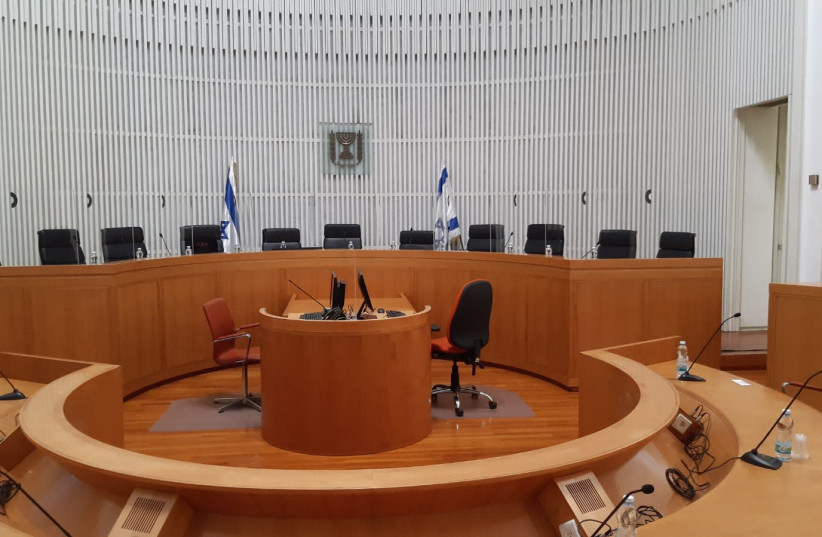Out of the 8% of complaints against judges in 2021 that Ombudsman for Judicial Complaints Uri Shoham found to be valid, 28% related to dragging out proceedings, a significant spike compared to past years, an annual report said Wednesday.
The review took place against the backdrop of the public corruption trial of former prime minister Benjamin Netanyahu and several controversial High Court of Justice rulings that have put the judiciary in right-wing politicians’ crosshairs.
Since the report is about the year 2021, it also occurred during the coronavirus, which officials have described as an unprecedented challenge for the judicial branch. COVID-19 had both closed and reduced judicial operations for significant periods.
In 2019, the Ombudsman found that only 20% of the valid complaints against judges were related to dragging out proceedings.
Shoham, a former Supreme Court justice, said he specifically flagged the issue for the judicial branch so that they would pay special attention to it.
Besides that statistic, the report showed a slightly reduced total number of complaints compared to 2019 and improvement in some categories.
In 2019, there were 965 complaints, whereas there were only 926 complaints in 2020 and 903 in 2021 – although this number was still higher than numbers earlier in the decade.

What caused the complaint spike?
It was unclear whether trends regarding the total volume of complaints were impacted the most by better access to the complaint-filing process, better or worse judicial conduct or unique circumstances due to COVID-19.
According to the report, the office completed full substantive evaluations and decisions of 554 complaints in 2021, making up 60% of the total decisions made – mirroring the 548 complaints decided in 2020, which also made up 60% of the total decisions made.
Other decisions could have been made with only a preliminary review of the facts being necessary.
18% of the complaints, or 98 complaints, were found either to be completely valid or to require a minor negative citation of a judge’s conduct, even if the broader substance of the complaint was rejected – compared to 20% of the complaints, or 108 complaints, in 2020.
Though 28% of the valid complaints related to the prolonging of judicial hearings was much higher than in 2020, it was still lower than the 38% in 2019.
The other sorts of valid complaints showed only minor changes.
Despite the corona outbreak, the report stated that the Ombudsman’s office succeeded in reducing the amount of time it had taken to address complaints from an average of 54 days in 2020, 59 days in 2019 and 83 days in 2018, to only 45 days in 2021.
The report flagged a noticeable rise in complaints against family court judges from 130 in 2018, to 184 in 2019, to 193 in 2020, and to 210 in 2021.
A statement said that this issue was highlighted for the judicial branch to give it special attention.
